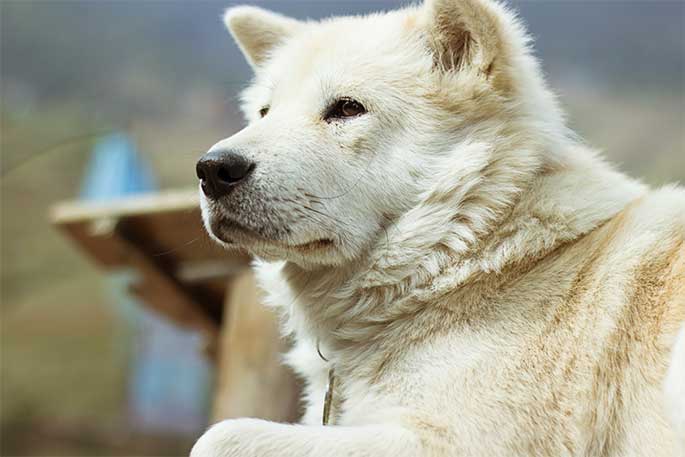
While their health may move from strength and vigor to frailty, your love for your pets never wavers. The following is helpful advice to ensure you are taking the best care for your loyal companion, as their health is your responsibility to maintain.
Read More:
- How To Keep A Dog From Getting Bored
- Things To Consider For An Aging Dog
- 7 Reasons Why Adopting Dogs Can Change the Lives of Senior Citizens
- Make Your Dog Look More Appealing – Best Tips For Grooming
- 7 Tips for Caring for Senior Dogs
Learn to Recognize Worrying Symptoms
You should take your dog to the vet immediately if you suspect they may be in ill-health. The symptoms are not always physical but often manifest as changes in behavior or mood. Eating or drinking much less than normal, or the opposite, can be a major indicator that something is wrong. Losing or gaining significant amounts of weight can result from this, but if it occurs without a perceived change to eating habits, this is also a cause for concern. Lumps on or beneath the skin are not always a concrete sign of something more, but they can be, especially if they change size.
Provide the Correct Nutrition
Many dogs put on a few extra pounds as they get older – but through no fault of their own! Feeding them lots of treats when their metabolism or energy levels are dropping is a sure-fire way to disrupt your dog’s health. Make sure you follow a suitable diet plan for your pet, and don’t overdo the treats!
Don’t Give Up On Exercise
While older dogs may seem less interested in daily walks or games, this doesn’t mean you should stop walking them. Gentle movement is necessary for even the most elderly of pups to lead happy, active lives. Keep walks in your daily routine, and if your dog seems uninterested, keep it at a leisurely pace to make them as comfortable as possible. Try taking them on easy, interesting routes, with places to sit and take a break, as well as lots of opportunities for smells and socialization.
But Don’t Over Exert Them!
This is an often delicate – but important! – balance to strike with your pet. While keeping them fit and at a healthy weight, you must understand your pet’s physical limits. Older dogs may not be able to jog along with you on a morning run like they used to – or even travel long distances without breaks. You need to accommodate this and not neglect your pet as they become older and more fragile.
A great idea to make sure your pup is getting all the help he needs to maintain good mobility is to give them senior dog supplements. These can also help alleviate symptoms that come with aging and give your dog a better quality of living for an inexpensive and comfortable addition to their food.
It is so important to stay on top of your dog’s health, as senior pups can suffer from many (often unperceived) conditions that come naturally with age. We hope this article provided useful information in giving your dog the best form of care you can.
Popular Post:
- Best Dog Food Review 2020
- Most Trainable Dogs 2020
- Canidae Dog Food Review
- How to Get Your Dog to Stop Barking
- The Truth About Silver Labs
- Is Your Dog a Velcro Dog?
- Teddy Bear Dog Breeds
- Dog Coughing up Blood
- American Pitbull Breeders
- Is argan oil safe for dogs?
- Dog Food Advisor
- Dogs under 40 pounds



